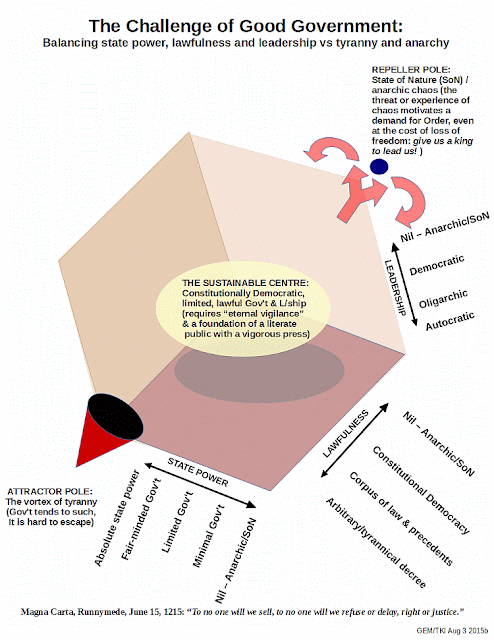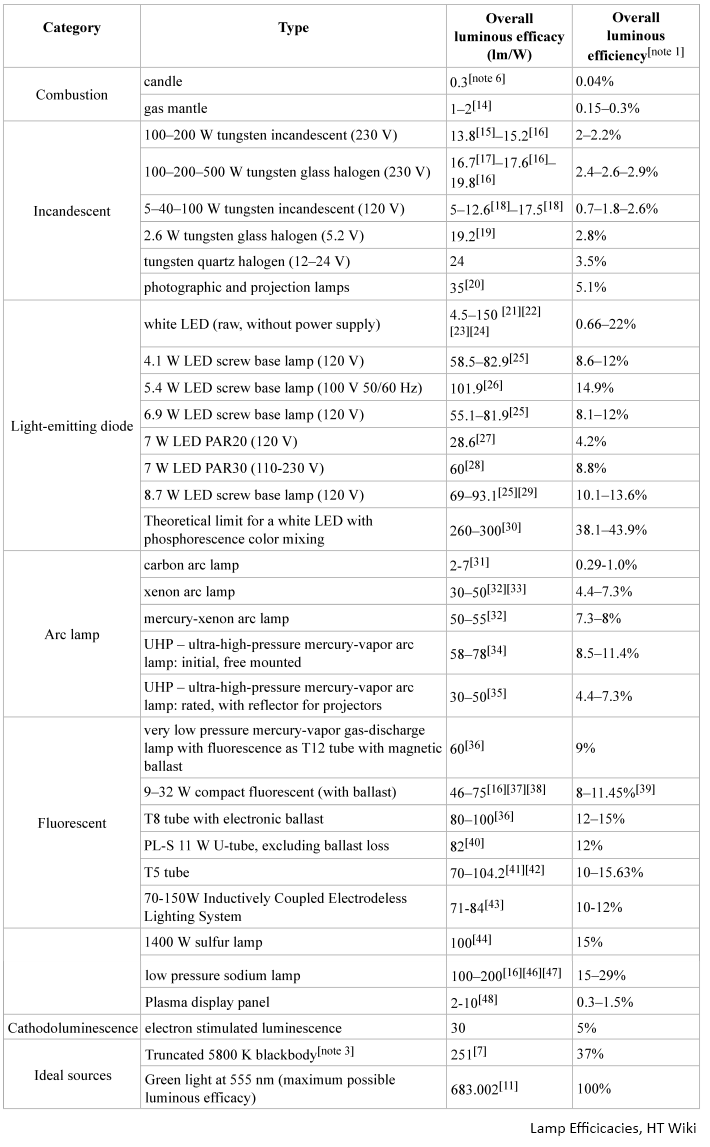The belated entry of the United States into World War I saved the sinking Allied cause in 1917. Yet after the November 1918 armistice, the United States abruptly went home, washed its hands of Europe's perennial squabbling and disarmed. A far bloodier World War II followed just two decades later.He adds NATO's intervention in Libya to the list (standing in, one supposes for much of the effect of the Arab Spring events which seem to have had inputs from agitprop interventions).
It may have been wise or foolish for Presidents John F. Kennedy and Lyndon Johnson to have intervened in Vietnam in 1963-1964 to try to save the beleaguered non-communist south. But after 10 years of hard fighting and a costly stalemate, it was nihilistic for America to abandon a viable South Vietnam to invading communist North Vietnam. Re-education camps, mass executions and boat people followed -- along with more than 40 years of communist oppression.
The current presidential candidates are refighting the Iraq war of 2003. Yet the critical question 13 years later is not so much whether the United States should or should not have removed the genocidal Saddam Hussein, but whether our costly efforts at reconstruction ever offered any hope of a stable Iraq.
By 2011, Iraq certainly seemed viable. Only a few dozen American peacekeepers were killed in Iraq in 2011 -- a total comparable to the number of U.S. soldiers who die in accidents in an average month.
The complete withdrawal of all U.S. troops in December 2011 abruptly turned what President Obama had dubbed a "sovereign, stable and self-reliant" Iraq -- and what Vice President Joe Biden had called one of the administration's "greatest achievements" -- into a nightmarish wasteland.
The pivotal issue is that at least since the 1860's, if a US military action does not seem a great success within about 3 years (obviously tied to the 2 and 4 year US election cycles), pressure mounts to withdraw. Where, it is notorious that the geostrategic insight of public at large, journalists and editors as well as of too many American politicians and advisors, is patently poor and short-sighted. Quagmire, get out -- leaving those so unwise as to have supported the US holding the bag and paying the price of now facing an enemy able to frustrate out the US all alone.
I add [July 30, 2016]: Circa 2016, this is what the global geostrategic picture looks like to me:
Cumulative message: do not ally oneself with the US unless one can so over-match the opposition that within 3 years the US support can go home. (Save for a relatively small remainder in secure bases. And one has to bargain hard for that stabilising onward presence; it is irrational idiocy to try to drive it out if your interests and those of the nation align well with those of the USA and the wider West as main maritime and now aerospace powers. Translated: does your economy depend on stable world trade and/or a reasonable tech base, and/or do you value liberty and limited government? However, the past seventy years have shown that there is no shortage of such misguided nativism.)
Unless, one can build the sort of defence against patent global threat case that led to formation of NATO.
Failing that, have an exile strategy in one's back pocket or become a mini superpower as independent of the USA as possible.
The USA, geostrategically, is as unstable as water.
The Royal Navy, C18 - 20, was a far better bet for long term support; never mind the price tag of colonial domination. (If you are poor and threatened, you are going to face some pretty unpalatable options: the least worst/evil choice.)
That is not a good pattern in an era where Africa is going to be in long term play and African states on the whole are weak, unstable and prone to chronic problems of underdevelopment and truly awful governance. With, the Caribbean as an extension of Africa in the Americas.
Meanwhile the ongoing apostasy and accelerating, increasingly bizarre decadence of our civilisation is eating out its heart and gradually is alienating the very people who are most needed to provide a sound defence against enemies foreign and domestic. Back to clay and iron toes, partly strong and partly weak but fundamentally incapable of genuine unity.
All of this brings me back to the cube of governance model I put together some time back, as a framework for pondering governance trends and challenges:
The centre zone was only achievable and sustainable after the rise of printing, mass literacy and newspapers in a context of reformed, Biblically anchored Christian faith as general community view enabled a critical mass of public support for a democratic consensus.
The ongoing decay of that consensus in our civilisation due to the eating out of its spiritual heart sets up chaos of anarchic character leading to a panic and cry for order to provide security. The result is predictable: oligarchy and/or tyranny joined to a breakdown of justice. And, loss of credibility, legitimacy and commitment.
The Romans 1 world looms -- with barbarians at then inside the gates:
Rom 1:19 For what can be known about God is plain to them, because God has shown it to them. 20 For his invisible attributes, namely, his eternal power and divine nature, have been clearly perceived, ever since the creation of the world,[g] in the things that have been made. So they are without excuse. 21 For although they knew God, they did not honor him as God or give thanks to him, but they became futile in their thinking, and their foolish hearts were darkened. 22 Claiming to be wise, they became fools, 23 and exchanged the glory of the immortal God for images resembling mortal man and birds and animals and creeping things.
24 Therefore God gave them up in the lusts of their hearts to impurity, to the dishonoring of their bodies among themselves, 25 because they exchanged the truth about God for a lie and worshiped and served the creature rather than the Creator, who is blessed forever! Amen.
26 For this reason God gave them up to dishonorable passions. For their women exchanged natural relations for those that are contrary to nature; 27 and the men likewise gave up natural relations with women and were consumed with passion for one another, men committing shameless acts with men and receiving in themselves the due penalty for their error.
28 And since they did not see fit to acknowledge God, God gave them up to a debased mind to do what ought not to be done. 29 They were filled with all manner of unrighteousness, evil, covetousness, malice. They are full of envy, murder, strife, deceit, maliciousness. They are gossips, 30 slanderers, haters of God, insolent, haughty, boastful, inventors of evil, disobedient to parents, 31 foolish, faithless, heartless, ruthless. 32 Though they know God's righteous decree that those who practice such things deserve to die, they not only do them but give approval to those who practice them. [ESV]The geostrategic prospects for our time are grim. Realism rather than fantasy should drive our decision-making, but history shows that such is the exception not the rule.
The dynamics of ill-advised business as usual face us, flashing warning-signs all the way:
But, are we inclined to actually listen, or are we hell bent on stubbornly following business as usual, folly as usual . . . egged on by those who tickle our itching ears with what they astutely figure out that we want to hear?
The lemmings have a word for us:
So do the crabs in a barrel -- by way of a further example not to follow -- even as they are headed for the boiling hot pot:
The Ac 27 test stands there in front of us, the question is whether we will listen. END













